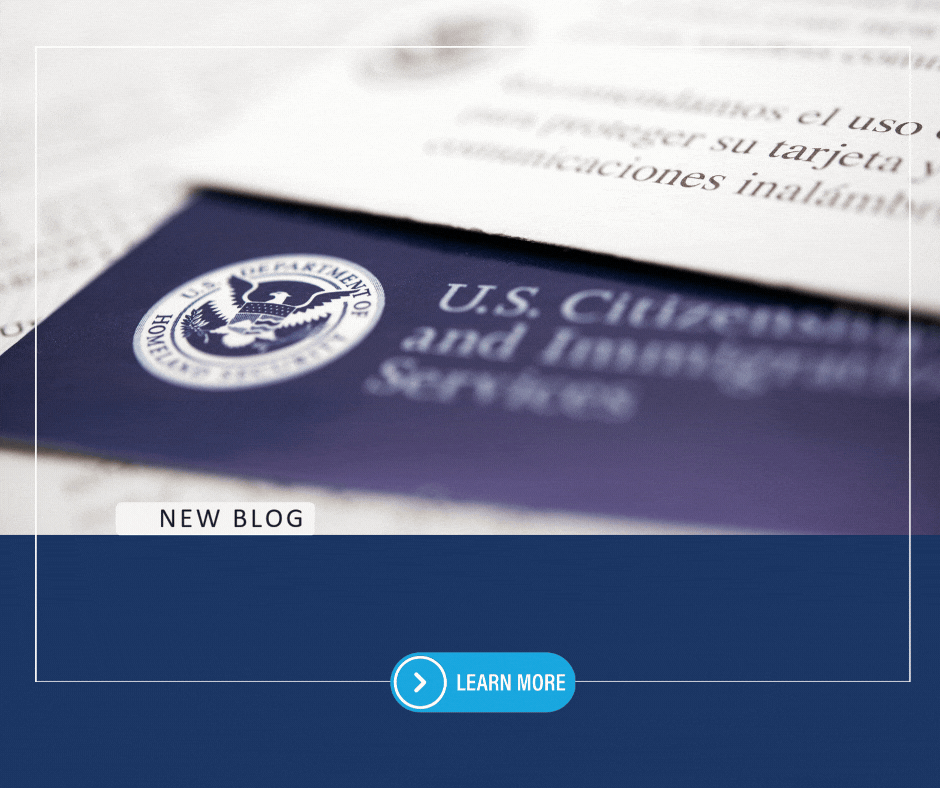Trump’s Immigration Policies and Their Impact on Professional Staffing

Trump’s immigration policies reshaped hiring for IT, healthcare, engineering, and finance, making it harder for businesses to secure skilled professionals. Changes to work visas, E-Verify compliance, and employment law created hiring delays and increased competition for top talent. Companies in niche industries faced longer recruitment cycles and talent shortages due to these restrictions. Resource Professional Solutions, based in Orlando, Florida, helps businesses across the United States navigate these workforce challenges. Our professional staffing and workforce solutions ensure companies access the talent they need while staying compliant with immigration regulations. Struggling with hiring due to immigration policies? Contact Resource Professional Solutions today for expert staffing support and recruitment strategies.
How Immigration Policies Affect Workforce Solutions
Immigration policies play a significant role in shaping the availability of skilled professionals in the United States. Under the Trump administration, changes to work visa programs, employment verification processes, and overall immigration policies created challenges for businesses seeking highly specialized talent. Industries such as IT, healthcare, engineering, and finance, which rely on foreign professionals to fill critical roles, experienced disruptions in recruitment and workforce planning.
For HR professionals, talent acquisition managers, and business leaders, understanding the impact of these policies is essential. Many businesses had to adjust hiring strategies, expand domestic workforce development, or seek alternative staffing solutions. Resource Professional Solutions, based in Orlando, Florida, provides workforce solutions to help businesses across the United States navigate these challenges and secure top-tier talent.
Changes to Work Visa Programs and Their Effect on Hiring
One of the most significant shifts in immigration policy during the Trump administration was the tightening of employment-based visa programs, particularly the H-1B visa.
- Increased Scrutiny on H-1B Visas – The H-1B visa program, which allows U.S. employers to hire highly skilled foreign workers in specialized fields, saw increased scrutiny. Higher denial rates and additional documentation requirements made it more difficult for companies to secure foreign talent.
- Suspension of New Work Visas – In 2020, an executive order temporarily suspended new work visas, including H-1B, L-1, and J-1 visas, limiting the ability of businesses to bring in skilled professionals from abroad.
- Wage-Based Allocation System – A proposed rule aimed to prioritize higher-paid applicants for H-1B visas, making it harder for small and mid-sized companies to compete with larger corporations when hiring international talent.
These restrictions made it increasingly difficult for businesses in niche industries to fill technical and professional roles, leading to longer hiring timelines and talent shortages.
The Impact of E-Verify Compliance on HR Management
The Trump administration also placed a stronger emphasis on E-Verify, an online system that allows employers to confirm a worker’s eligibility to work in the U.S.
- Mandates for Federal Contractors – Federal contractors were required to use E-Verify to confirm employment authorization, affecting hiring processes in industries such as engineering, construction, and IT.
- State-Level Adoption – Some states implemented stricter E-Verify requirements for all employers, increasing compliance burdens for HR teams.
- Increased Audits and Penalties – Businesses faced a higher risk of audits and penalties if found to be non-compliant with employment verification requirements.
While E-Verify aimed to prevent unauthorized employment, it also created administrative challenges for companies trying to recruit and onboard new hires efficiently. HR professionals had to adapt to stricter verification processes and ensure full compliance to avoid disruptions.
Talent Shortages in Niche Industries
Industries that depend on foreign talent to fill highly specialized roles were particularly affected by the Trump administration’s immigration policies.
- IT and Engineering – With fewer H-1B visas approved, companies struggled to hire professionals with expertise in artificial intelligence, cybersecurity, and software development.
- Healthcare – Hospitals and healthcare facilities that relied on foreign medical professionals, particularly in underserved areas, faced staffing shortages.
- Energy and Manufacturing – Highly technical positions requiring international expertise became harder to fill, impacting project timelines and productivity.
Businesses that could not access the necessary talent faced delays in innovation, reduced productivity, and increased competition for a limited pool of skilled professionals.
How Businesses Can Adapt to Changing Immigration Policies
With immigration policies continuing to evolve, companies must adjust their hiring strategies to remain competitive.
- Strengthening Domestic Workforce Development – Investing in training programs, upskilling initiatives, and partnerships with universities can help businesses develop talent from within the U.S. workforce.
- Exploring Alternative Visa Options – Some companies have turned to alternative visa programs such as the O-1 visa for individuals with extraordinary ability in their field.
- Leveraging Professional Staffing Solutions – Partnering with a workforce solutions provider like Resource Professional Solutions can help businesses identify top domestic talent, navigate compliance requirements, and streamline hiring processes.
Navigating Workforce Challenges with Staffing Solutions
Trump’s immigration policies had a lasting impact on professional staffing, particularly in industries that rely on specialized foreign talent. While visa restrictions, E-Verify compliance, and hiring limitations created obstacles for businesses, companies that adapted by investing in workforce planning and alternative staffing solutions were able to maintain their talent pipelines.
Resource Professional Solutions, headquartered in Orlando, Florida, provides workforce solutions, direct hire services, and professional staffing support to businesses across the United States. Our expertise in HR management, niche industries, and skilled professional recruitment ensures that companies can find and retain the right talent, even in challenging hiring environments. Need assistance securing top-tier professionals for your business? Contact Resource Professional Solutions today to optimize your workforce strategy and overcome hiring challenges
Written on behalf of Resource Professional Solution.
Frequently Asked Questions
Stricter documentation requirements, higher denial rates, and wage-based selection made it harder for companies to sponsor foreign workers.
E-Verify is a system that confirms employee work authorization. Non-compliance can lead to fines and hiring restrictions.
Staffing agencies like Resource Professional Solutions help businesses find pre-screened domestic and foreign talent efficiently. Contact us today to receive expert hiring support nationwide!


